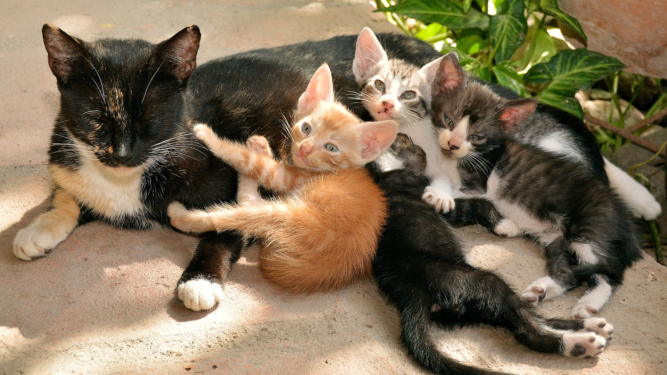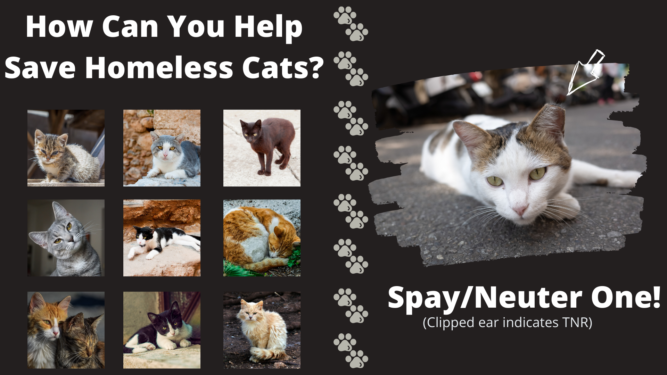
Paws Up!
June 17, 2020
To the Indiana Borough Council for approving the trap, neuter, and release of community cats to help humanely decrease their population.

We are in the midst of kitten season. This time of year, animal shelters and rescues are inundated with these adorable bundles of fur. If these kittens do not make it to a home or animal shelter, they are left to fend for themselves. Sadly, they can succumb to illness or injury. If they do survive, they become part of stray cat colonies, often referred to as feral cat colonies. These colonies exist in many areas throughout the United States. To help humanely decrease the population of a colony, spaying and neutering the cats are critical since kittens as young as four months of age can become pregnant. Many caring individuals have taken on the responsibility of providing for these homeless animals by setting up feeding stations and spaying or neutering the ones they can trap. Often, they encounter resistance from neighbors or businesses and even laws that prohibit them from feeding feral cats.
Some lawmakers understand that it takes a community effort to combat the ever-increasing population within a feral cat colony. They see the validity of spaying and neutering these cats and have approved trap, neuter, release (TNR) programs, as well as laws to protect the caretakers from any liability. In 2018, Delaware passed the first statewide TNR law. This week, in Indiana, Pennsylvania, councilmembers voted in favor of an ordinance to allow individuals to participate in TNR programs to help manage their “community cat” population.

If you see a roaming cat with a clipped ear, that indicates a spay or neuter surgery has been performed. To learn more about TNR, please download our free brochure here.
Take Action: Indiana, PA, residents you can help homeless animals by spaying or neutering your pets, or volunteering to spay or neuter a community cat.
